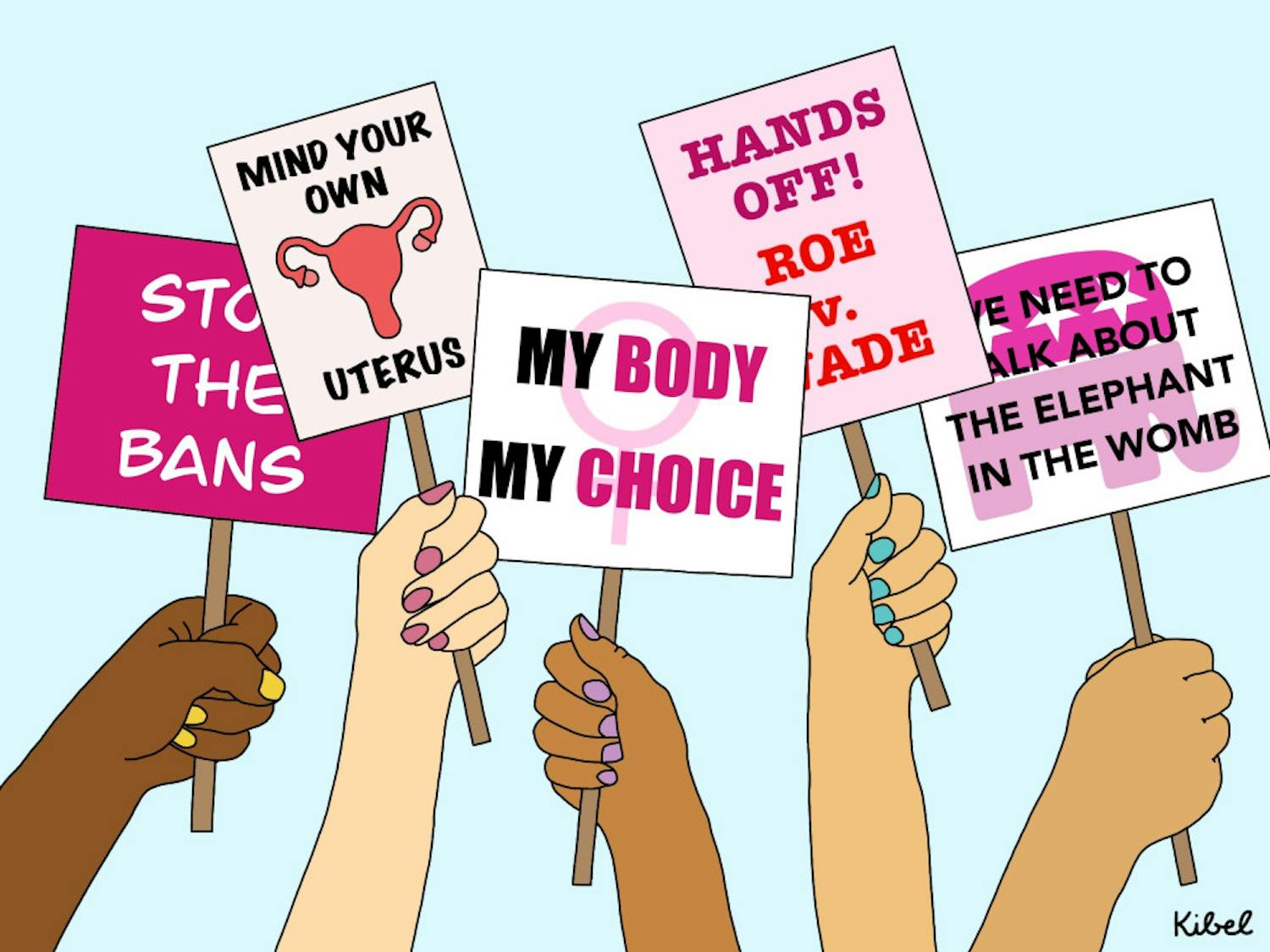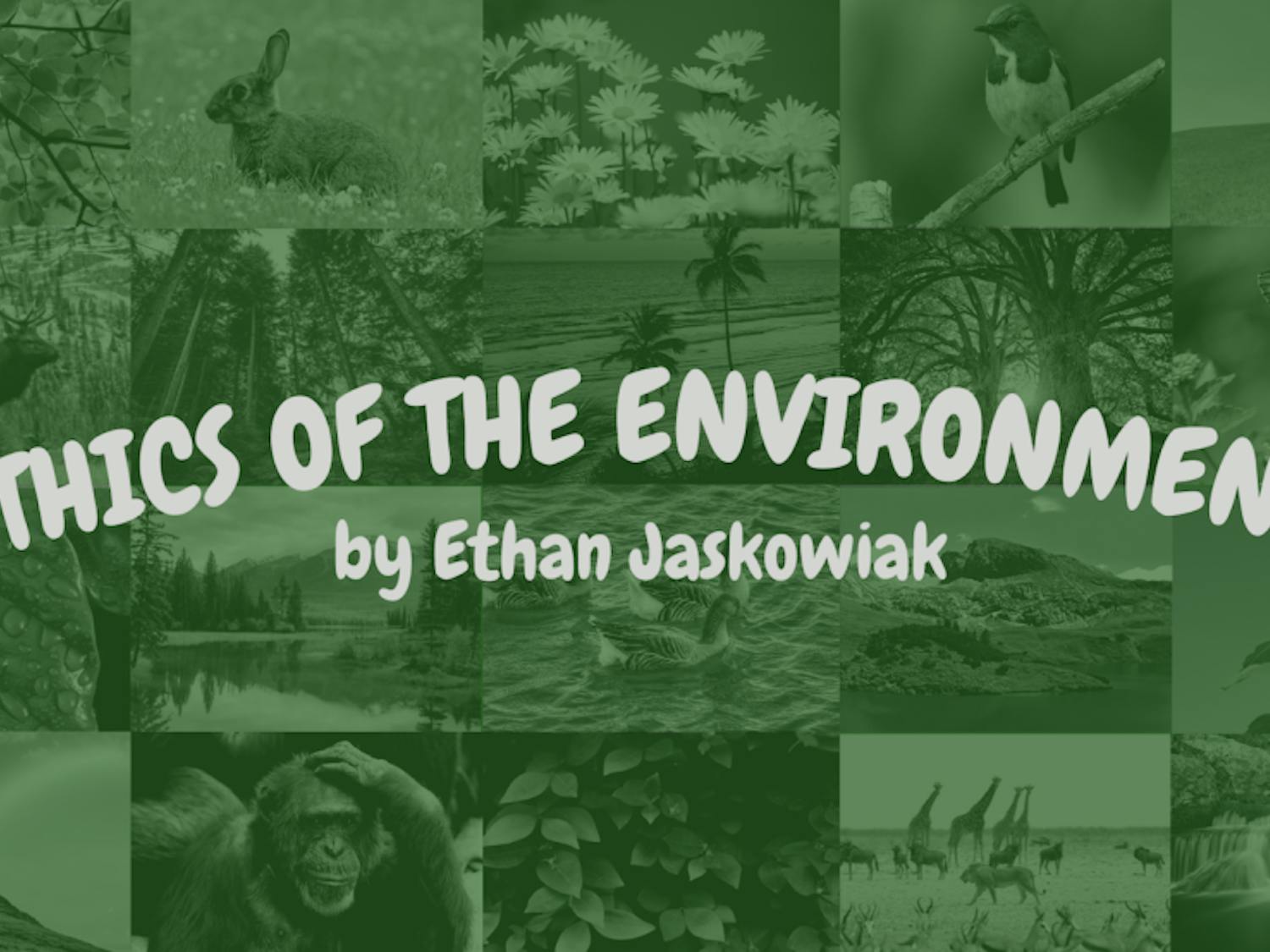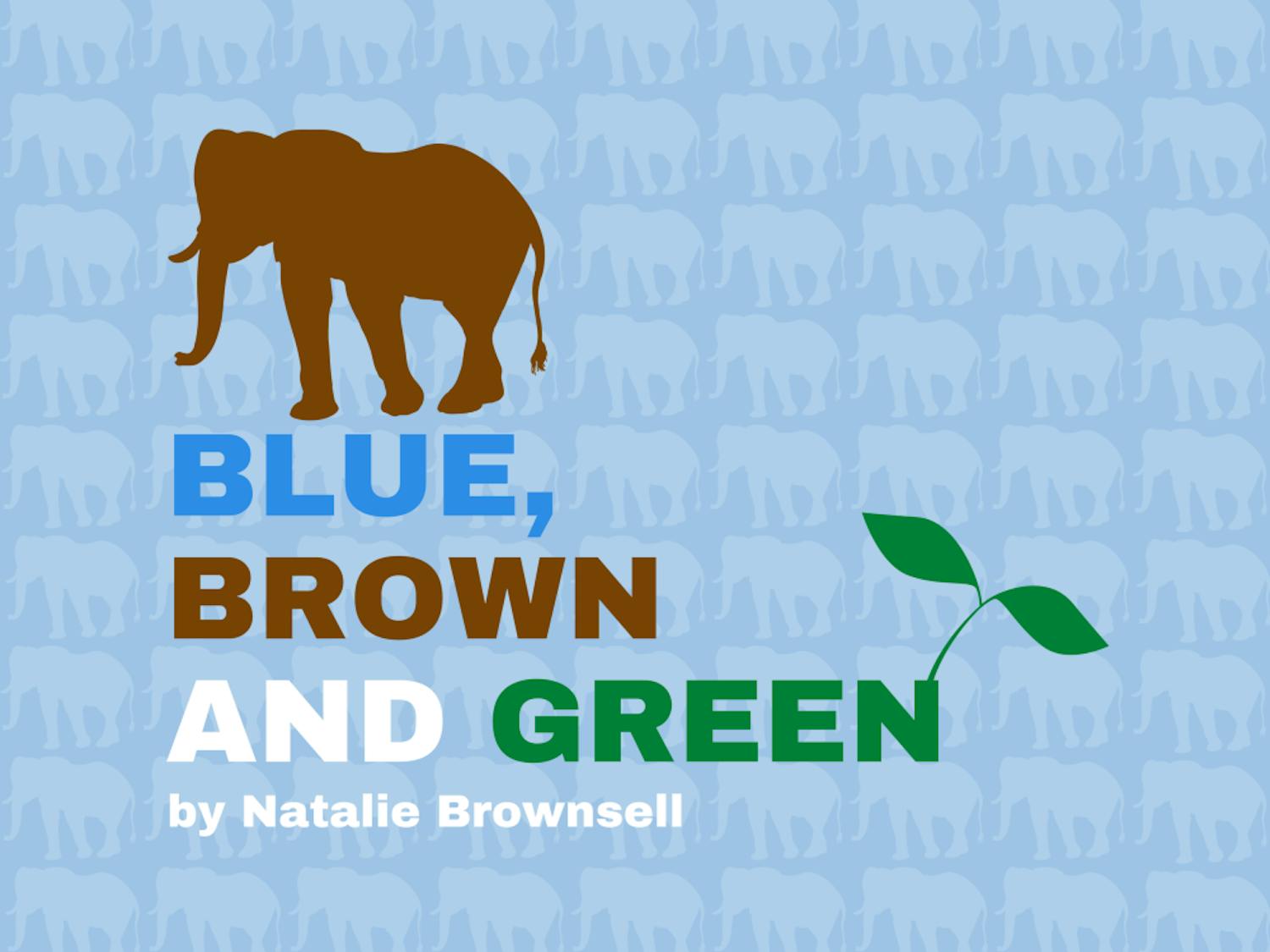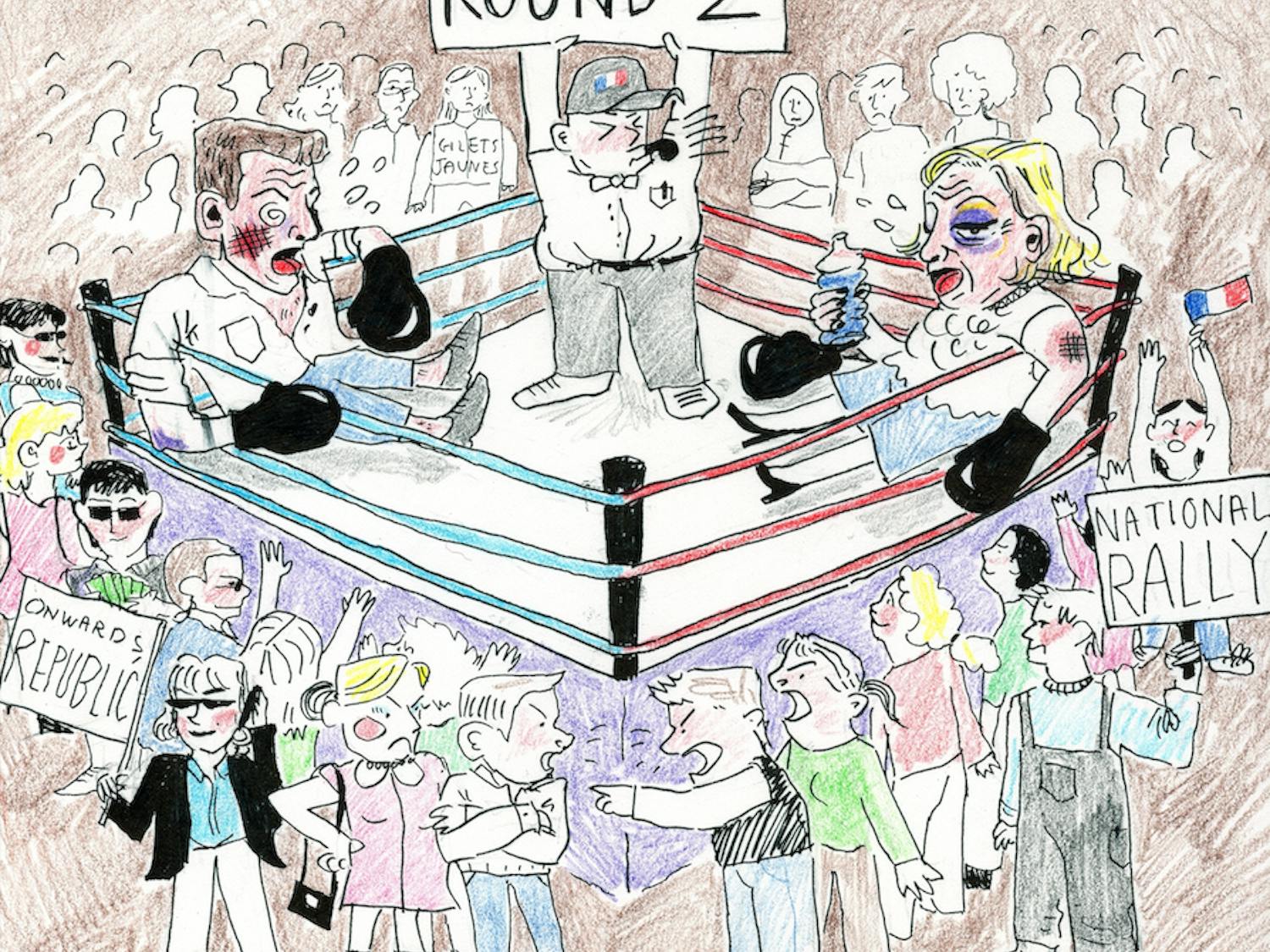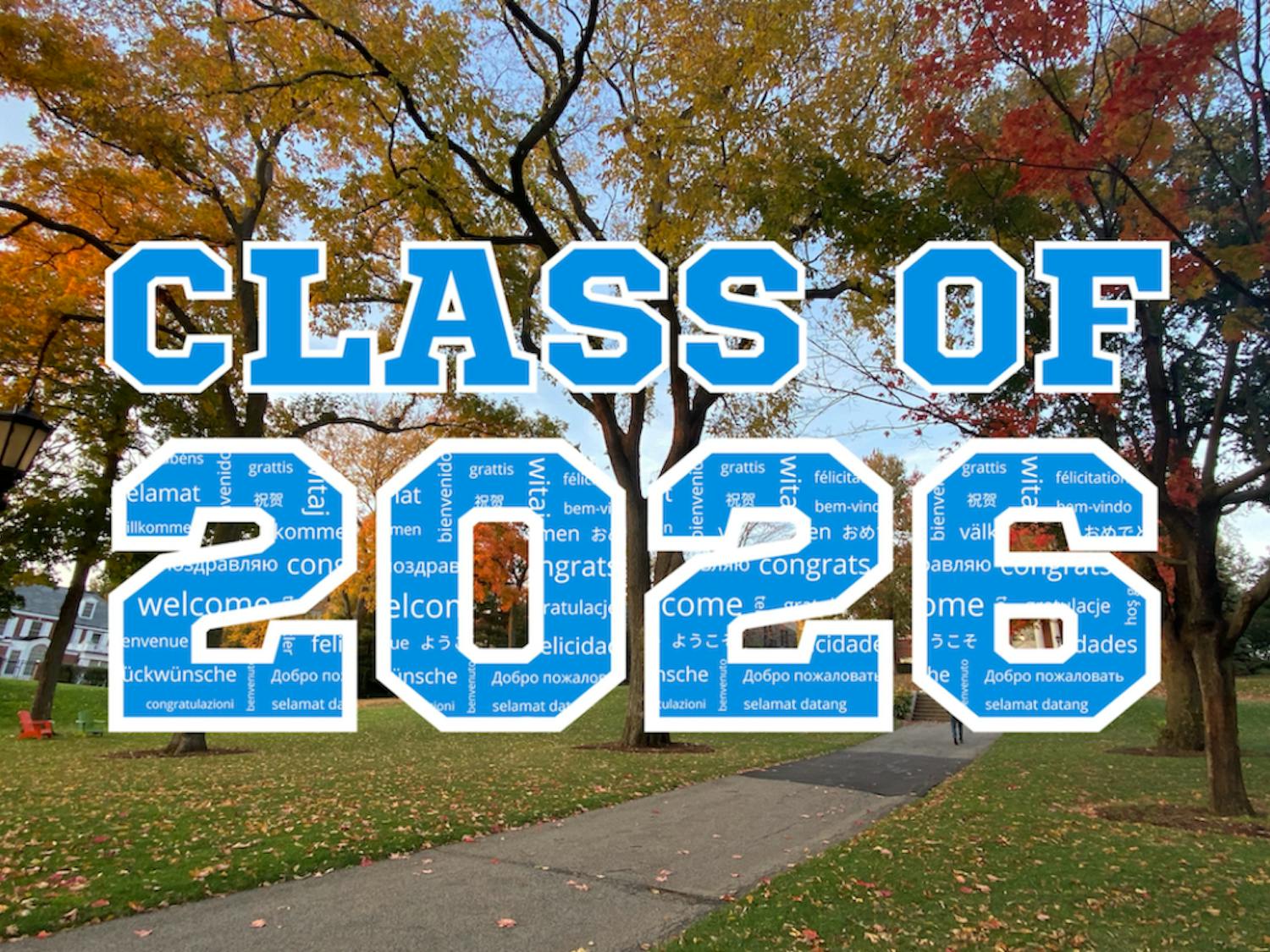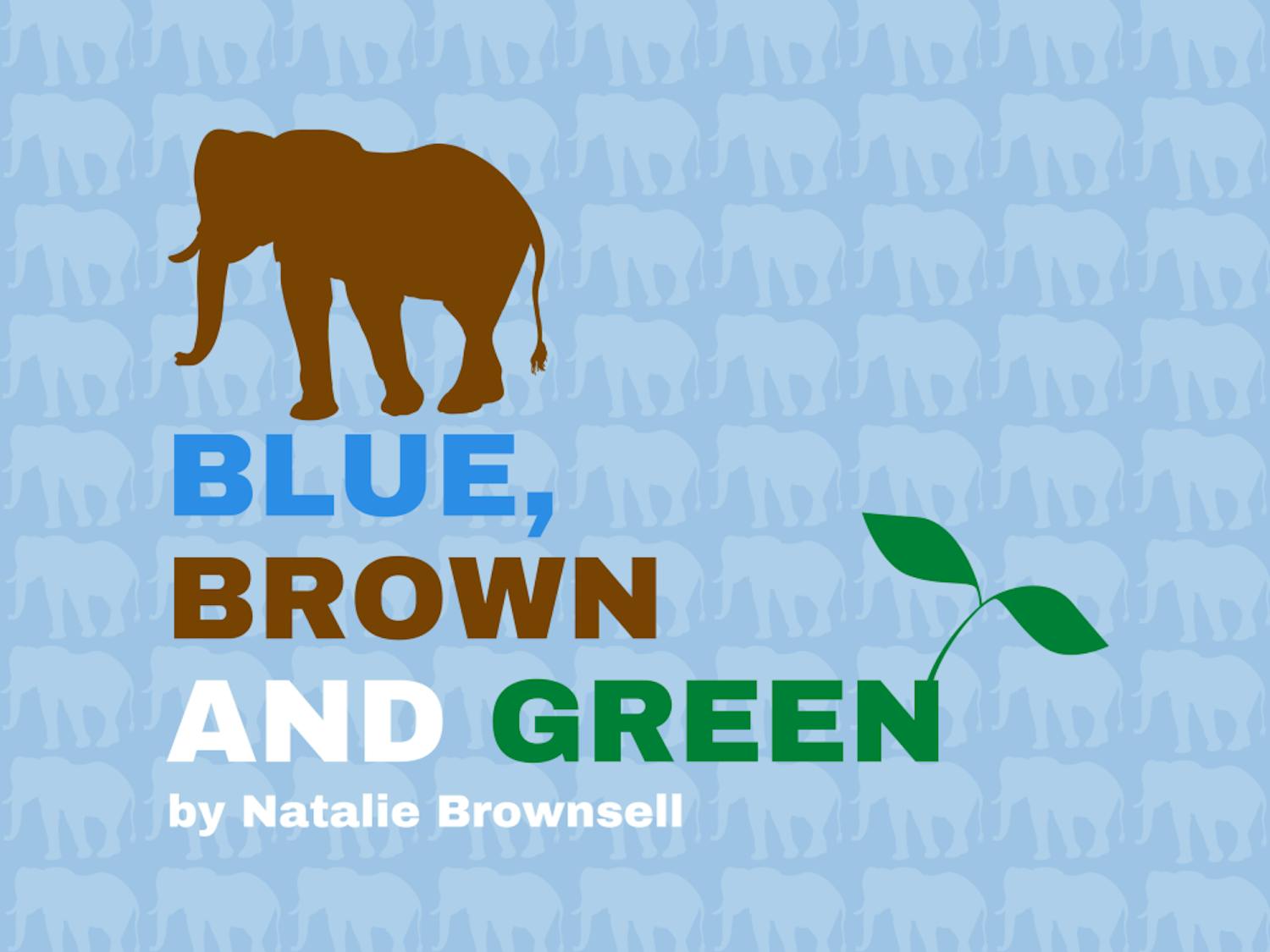COVID-19 compromise: The city of Philadelphia versus its residents
By Henry Murray | April 29This week, a group of Philadelphia business owners and residents filed a lawsuit against the city for reinstating a mask mandate. The plaintiffs fear the repercussions of a mask mandate for businesses and feel that the mandate is invalid considering the current advice of the Centers for Disease Control and Prevention and the city’s lack of authority on the decision. The plaintiffs’ complaints are valid; mask mandates can hurt local business and the city is going against the decision of the state. The city’s response, however, is valid as well. When the suit was filed, Philadelphia’s case count had increased by more than 50% in the previous 10 days. Earlier this year when the omicron variant became the dominant strain in the U.S., an increase in death rates followed a few weeks later, with tolls surpassing those of the more deadly delta variant. Though we do not know how deadly the new omicron subvariant will be, the increased transmissibility of omicron variants means it still poses a significant threat to public health. In order to look after those that are immunocompromised and also respect the livelihoods of the people of Philadelphia, a compromise must be made between these two arguments.



